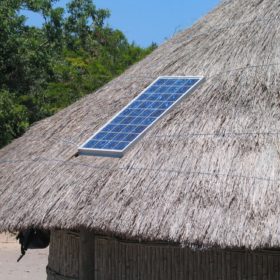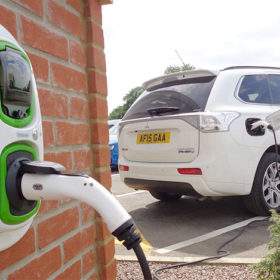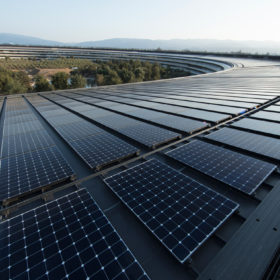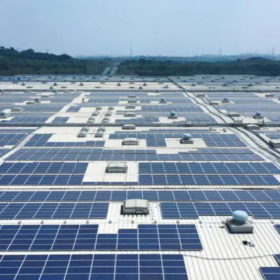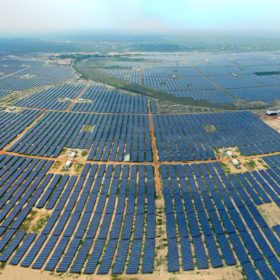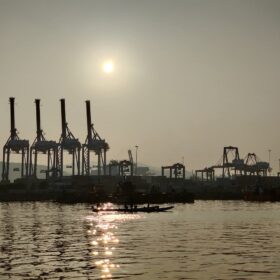Clarify basic customs duty on solar modules as Change in Law, NSEFI writes to SECI
Solar cells and modules will continue to attract zero basic customs duty unless exemption notification 24/2005, dated March 1, 2005 is amended to reflect the 20% increase by Ministry of Finance, said the lobby group.
94% households with solar home system say quality of life improved: GOGLA Research
Eleven per cent reported an increase in income levels by up to $66 per month on average. The impacts are seen even though a majority of solar home system customers also have grid access, highlighting that, as a complement to the grid, small scale solar still has a key role to play.
Coronavirus could cause solar panel price spike
The coronavirus outbreak in China could raise solar module prices in the near term as manufacturers have already begun experiencing wafer and solar glass shortages. Production rates are also being affected by an extended new year holiday introduced by the authorities as a measure to deal with the virus, and the requirement workers from infected areas quarantine themselves for two weeks.
Renewable energy: 7,592 MW commissioned in first nine months of the fiscal year
Capacity additions for the current fiscal year are set to exceed the previous accounting period’s 8,532 MW. With Rs405 billion invested in clean energy in the last fiscal year, spending in the first nine months of 2019-20 has been estimated at Rs367 billion.
EVs could become cheaper than combustion vehicles within three years: NITI Aayog CEO
A 50% fall in the price of Lithium-ion battery packs—to $76/KWh from $156/KWh today—will make the capital cost of electric vehicles lower than combustion vehicles. However, to realise the full benefits of EVs, it is important to charge them with clean power and not fossil power.
Corporate clean energy PPAs surge globally, but India sees a drop
Year 2019 saw some 19.5 GW of wind and solar energy contracted by corporations globally through power purchase agreements, up more than 40% from the previous year’s record. The bulk of this purchase occurred in the U.S. with tech companies and oil and gas majors leading the charge. India, however, saw a drop amid rollback of attractive policies, says a new report from BloombergNEF.
Li-ion Gigafactories: Niti Aayog seeks cabinet nod for Rs 7 billion annual subsidy proposal
Already approved by the finance ministry, the proposal aims to woo investors into setting up manufacturing units in India and lower battery costs with indigenization of technology. An aggregate manufacturing capacity of 50 GWh is planned to be set up over a period of 10 years, which would require investments worth Rs 355 billion.
DISCOM reforms, access to finance key to solar uptake
Power distribution reforms and scaling up of solar adoption among MSMEs through captive renewable energy policy and comprehensive Credit Guarantee Mechanism are among measures expected from the budget.
Adani rolls out roadmap to become largest renewable power player by 2030
India’s largest private-sector thermal power producer—which ranked as the sixth largest solar player globally in 2019—will invest over 70% of its budgeted Capex for the energy vertical into clean energy and energy-efficient systems to fuel its transformation.
A clean energy world would support millions of new jobs
A study from Finland’s Lappeenranta University of Technology has predicted solar and other renewables can provide a global energy jobs revolution – just as four European operations revealed recent struggles.

